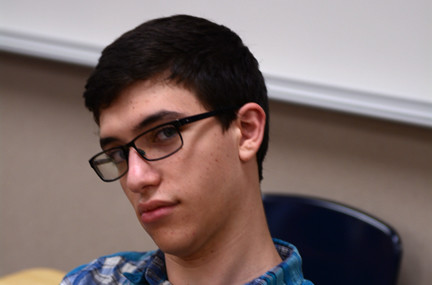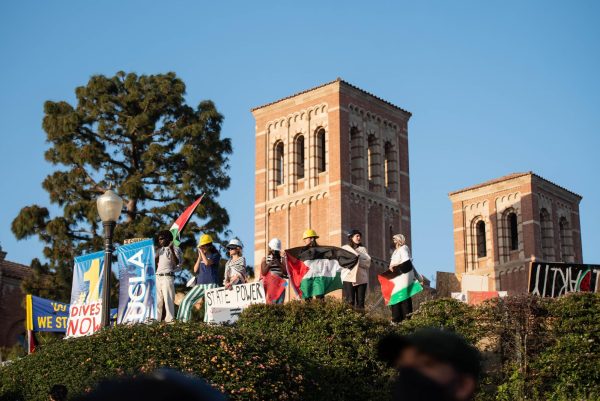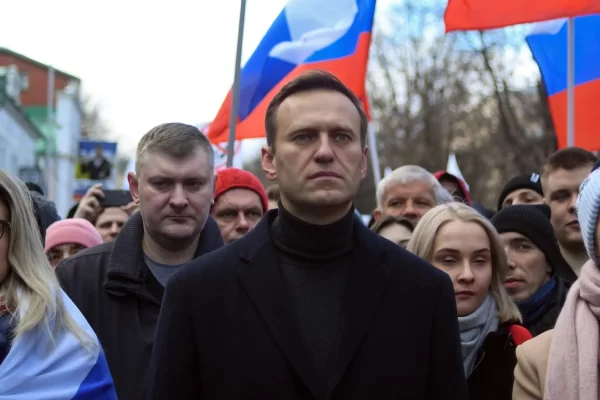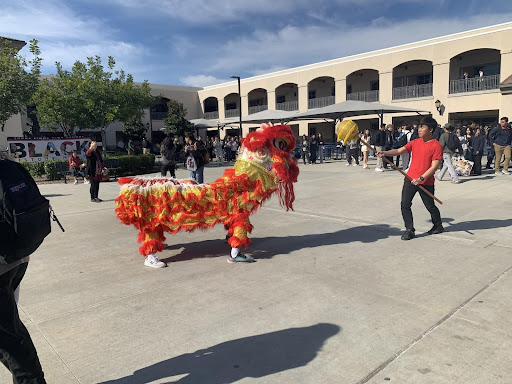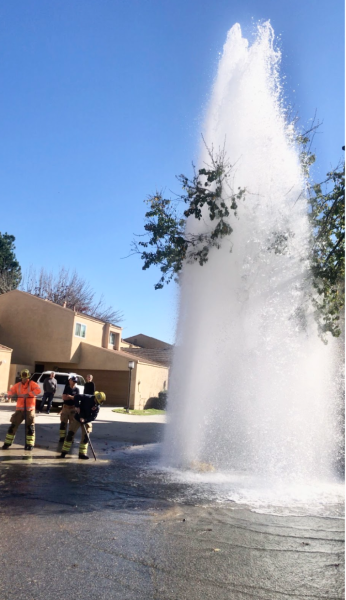Every Second Counts
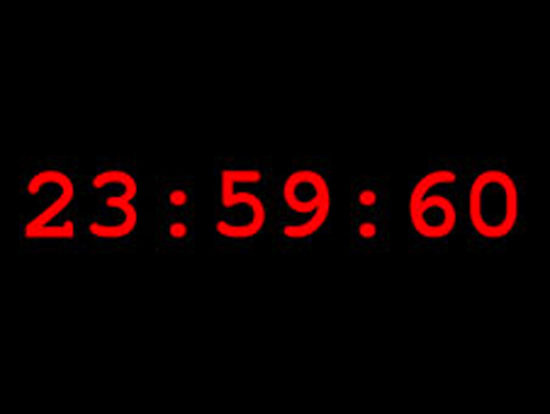
March 16, 2016
This past Monday marked a significant occurrence that only happens once every four years: February 28 was followed by February 29. The additional day is necessary, as we all know, to keep our calendar in line with seasonal and astrological occurrences. Otherwise, Christmas would eventually end up occurring during the hottest month of the year. Well, did you know that besides leap years, we also have leap seconds?
According to USA Today, our last leap second occurred on June 30, 2015. Such additions to time are necessary in order to keep the “atomic clock synched up with the Earth’s rotation.” The Earth actually rotates in a somewhat irregularly way due to various forms of gravity pulling on our planet. This causes the Earth’s rotation to slow down slightly. Leap seconds have to periodically be added in to keep us in line with the atomic clocks, which among other things helps run programs like GPS. We add a leap second a little less than every two years.
But I suppose you find yourself wondering, “why do we need to add a second? It’s just one small moment in time. How big a deal can that be?” Since the atomic clock was started in 1972, there would now be a 36 second difference between it’s time and the Earth’s actual position in space if leap seconds had not been added. And much like how eventually, if we skipped leap day, Christmas would end up in summertime, eventually, those seconds would add up, and it would be dark at noon. It is strange to think about, but actually a very real problem in the minds of scientists.
The way that a leap second is added is that at 11:59:59 PM (UTC), the atomic clocks add an extra second to the day, thus making it 11:59:60 PM (UTC). Then everything resets with 12:00:00 AM UTC the next next second, and most people never know the difference. Lily Clark (12) extrapolated that “learning about the leap second taught [her] to make the most of every moment.” So be on the look out for the next leap second, and remember, we may take time for granted, but scientists are counting every second.


